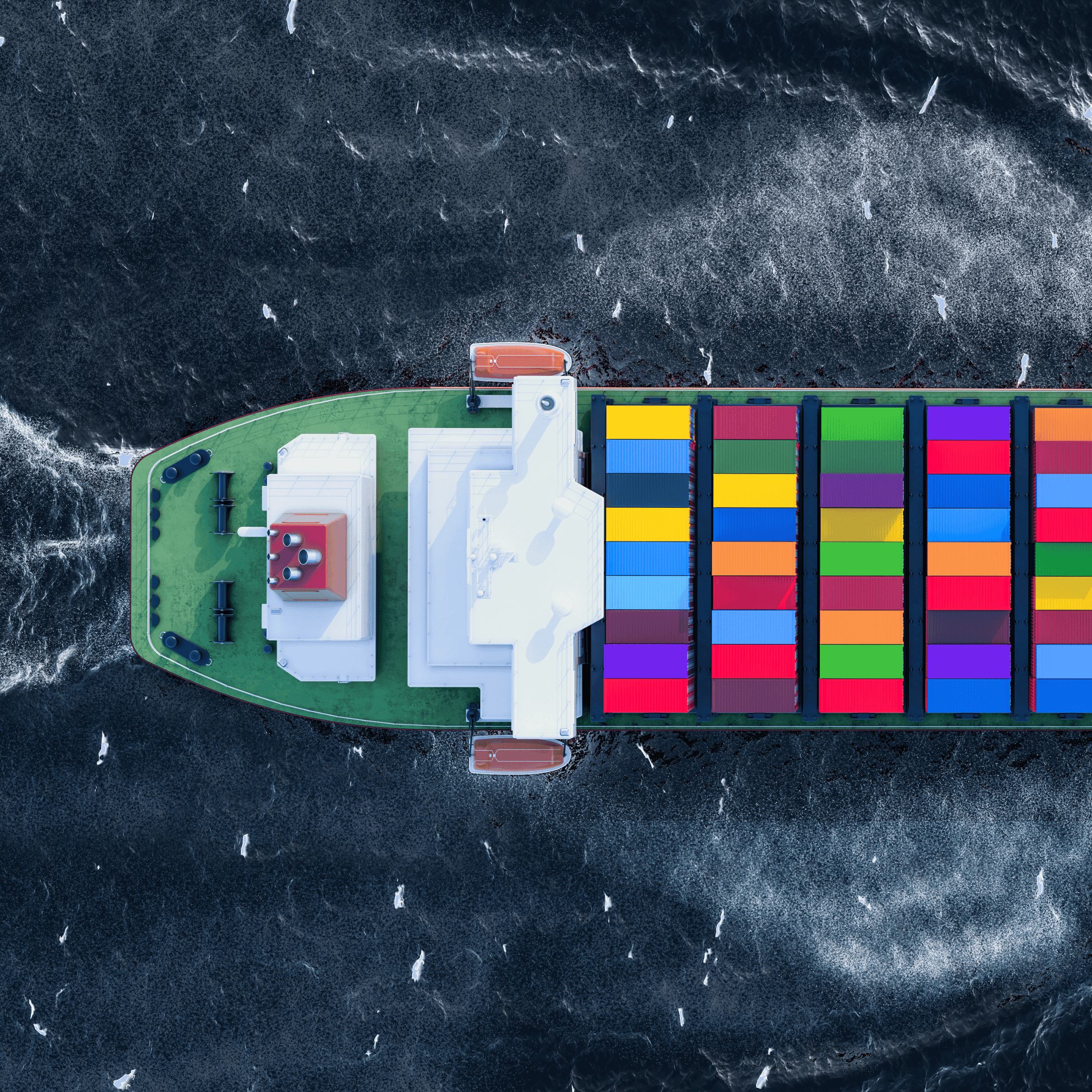In the ever-evolving landscape of retail, Distributed Order Management (DOM) systems are transforming the way businesses manage and fulfill orders. By offering a holistic view of inventory across all channels and enabling the orchestration of orders from multiple fulfillment locations, DOM systems represent a significant leap forward from traditional order management systems. This comprehensive exploration delves into what Distributed Order Management is, contrasts it with traditional order management systems, highlights its benefits for the retail sector, and guides retailers on choosing the right DOM partner.
Understanding Distributed Order Management (DOM)
Distributed Order Management (DOM) is an advanced order fulfillment approach designed to optimize the supply chain and improve customer satisfaction. It integrates various aspects of order processing, inventory management, and fulfillment operations across all sales and distribution channels. This integration offers retailers a unified view of inventory, orders, and customer data, enabling them to fulfill orders more efficiently and effectively.
Key Features of DOM Systems:
Multi-Channel Integration: Seamless integration across ecommerce platforms, brick-and-mortar stores, and other sales channels.
Real-Time Inventory Visibility: Provides accurate, real-time information on inventory levels across all locations and channels.
Order Orchestration: Automatically routes orders to the best fulfillment location based on predefined criteria, such as proximity to the customer, inventory levels, and shipping costs.
Customer-Centric Services: Supports a range of delivery options, including buy online, pick up in-store (BOPIS), and ship from store, enhancing the customer shopping experience.
Comparison with Traditional Order Management Systems
Traditional Order Management Systems (OMS) often operate in silos, with separate systems for different sales channels and limited visibility across inventory locations. These systems typically lack the flexibility to adapt to the dynamic nature of retail, resulting in inefficiencies in inventory management, higher operational costs, and a disjointed customer experience.
In contrast, DOM systems offer a centralized platform that breaks down silos between channels and fulfillment locations. This approach not only improves inventory management and reduces costs but also enhances the overall customer experience by offering more flexible fulfillment options.
Why DOM Benefits Retail
The adoption of DOM systems can significantly impact various aspects of retail operations, offering numerous benefits:
Enhanced Customer Satisfaction: By providing various fulfillment options and ensuring timely delivery, DOM systems improve the overall customer experience, leading to increased loyalty and repeat business.
Reduced Inventory Costs: Real-time inventory visibility allows retailers to maintain optimal inventory levels, reducing carrying costs and the risk of stockouts or overstock.
Increased Sales: A unified view of inventory enables retailers to sell products across multiple channels, reducing lost sales opportunities due to out-of-stock situations.
Operational Efficiency: Automating order routing based on predefined criteria improves fulfillment efficiency, reduces delivery times, and lowers shipping costs.
Choosing the Right Distributed Order Management Partner
Selecting a DOM partner is crucial for the successful implementation and maximization of the benefits of a DOM system. Retailers should consider the following factors when choosing a DOM partner:
Integration Capabilities: Ensure the DOM system can seamlessly integrate with existing ecommerce platforms, ERP systems, and other critical business applications.
Scalability: The system should be able to scale up to handle increased order volumes and growth in product lines and sales channels.
Customization and Flexibility: Look for a system that offers customization options to meet specific business needs and the flexibility to adapt to changing market dynamics.
Support and Training: Adequate support and training are essential for ensuring smooth system implementation and operation. Choose a partner that offers comprehensive support and training resources.
Track Record and Reliability: Consider the partner’s experience and track record in implementing DOM systems, particularly in your industry or for similar business models.
In conclusion, Distributed Order Management systems represent a significant evolution in order management, offering retailers the tools to meet the challenges of today’s dynamic retail environment. By providing a holistic view of inventory and enabling efficient order orchestration, DOM systems enhance customer satisfaction, reduce operational costs, and drive sales growth. Choosing the right DOM partner is essential for leveraging these benefits and achieving long-term success in the competitive retail landscape.






